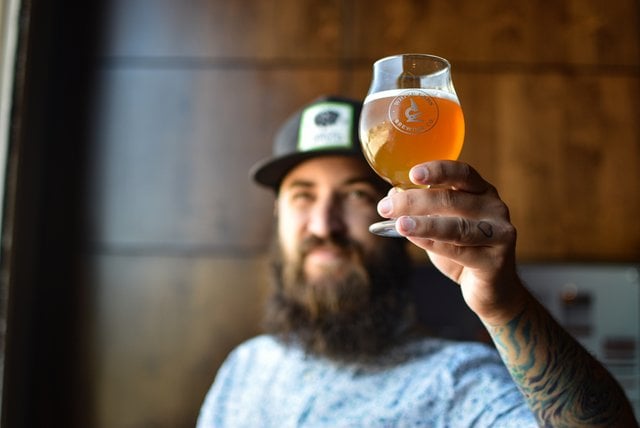
When making a new beer, a craft brewer must consider any new ingredients or processes required. In the case of yeast, we need to look beyond just picking a new strain and think about the conditions we will have to employ and monitor to ensure a successful fermentation and resulting beer. There are many parameters which play crucial roles in fermentation timeline and profiles, including:
- Yeast strain selection
- Yeast nutrition
- Starting gravity
- Temperature
- Getting started
The easiest way to narrow down a strain is to work backward by nailing down the desired result and beer style you are looking to produce. For this example, let’s say you’re wanting to brew a Belgian saison with mild phenols and prominent fruit-like esters. In that case, you’d want to choose a strain like WLP590 French Saison Ale Yeast that showcases white wine-like esters with the essence of pomme and a subtle herbal phenol note.
Fermentation considerations
Let’s now take a look at a few conditions and the best considerations when creating this new brand. First, to promote ester production with WLP590 French Saison Ale Yeast, we’ll want to pitch it at 68°F (20°C) and then utilize a free rise at the beginning of fermentation to 78°F (25°C).
Second, we’ll want to ensure a healthy fermentation and increased yeast health post-fermentation. Though the grist is all malt and should supply the needed nutrients for this fermentation, we recommend adding a yeast nutrient that is high in zinc, such as Servomyces. This will aid in increased viability, shortened fermentation time and adequate metabolite production and uptake.
Any development of a new brand requires foresight into new ingredients, processes and the desired result. In the case of yeast, it’s important to understand the conditions which will affect not only fermentation speed but flavor and aroma production, as well as the reusability of the culture for sequential batches.
Yeast handling for brewers
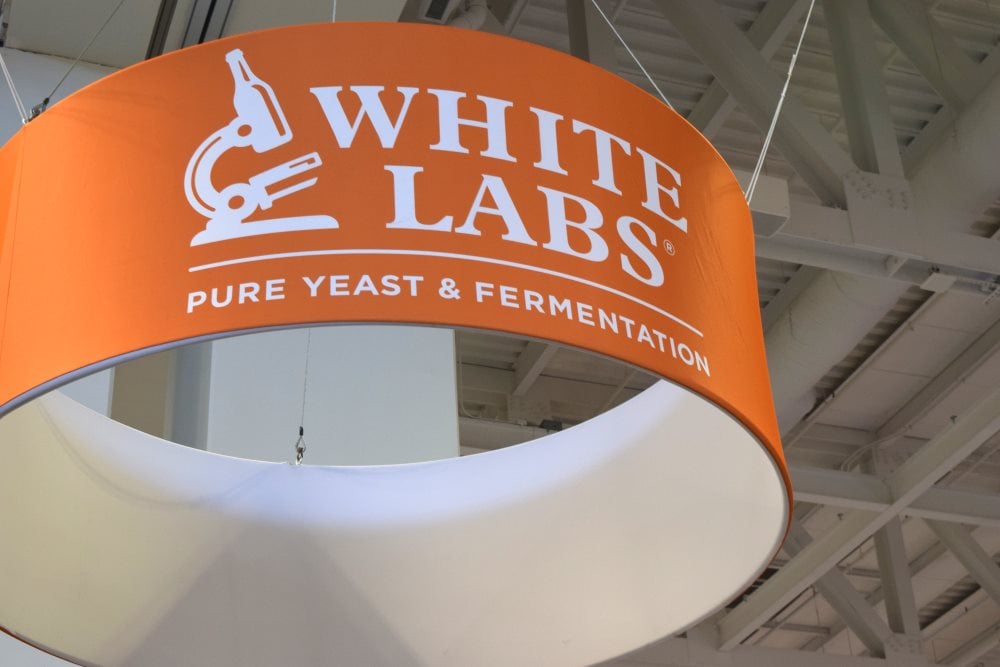
Take your yeast knowledge even further with the help of the fermentation experts at White Labs with Yeast Handling for Brewers in San Antonio, Texas, April 19 — where you’ll learn various fermentation-related topics such as preparing yeast for pitching, what to expect when repitching, techniques for reliable brewery propagation and how to troubleshoot fermentation issues related to poor yeast-handling practices.
Erik Fowler is the education manager at White Labs.

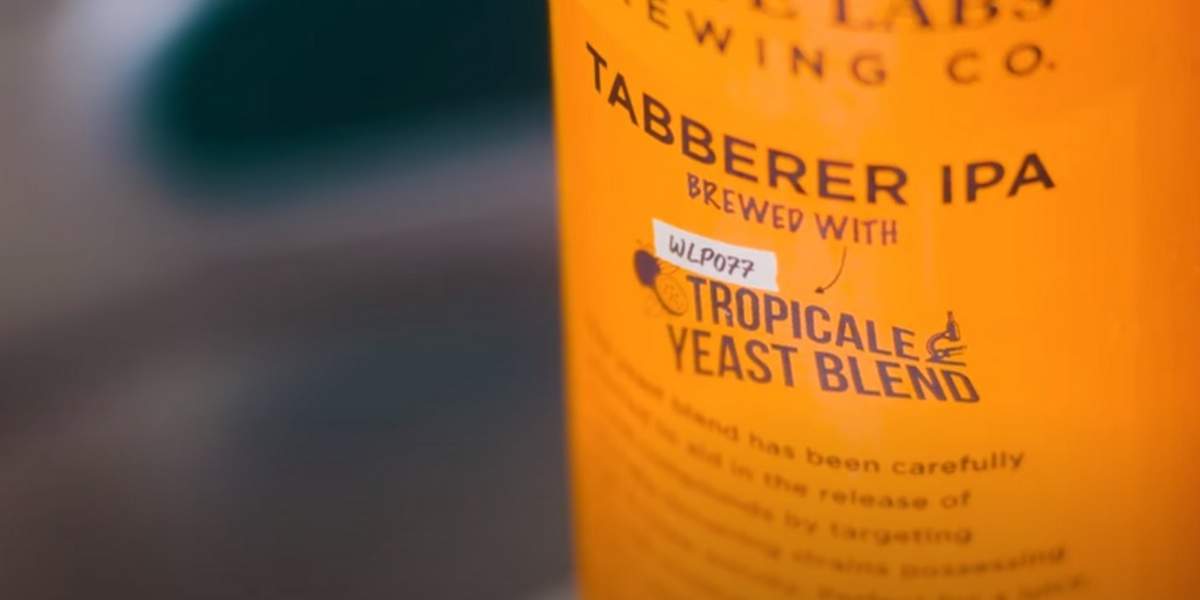
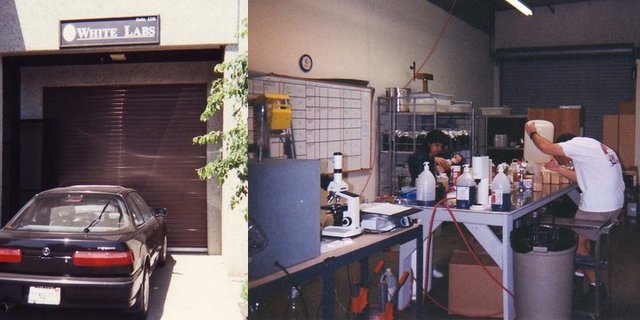
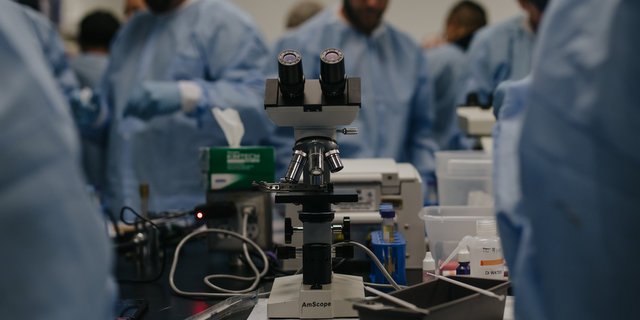


Daniel Hays says
Jason Kneupper